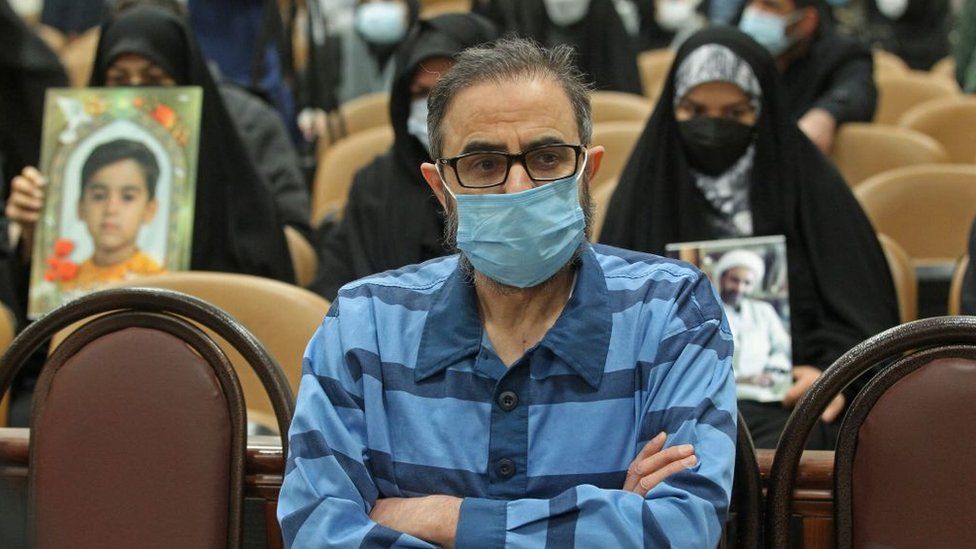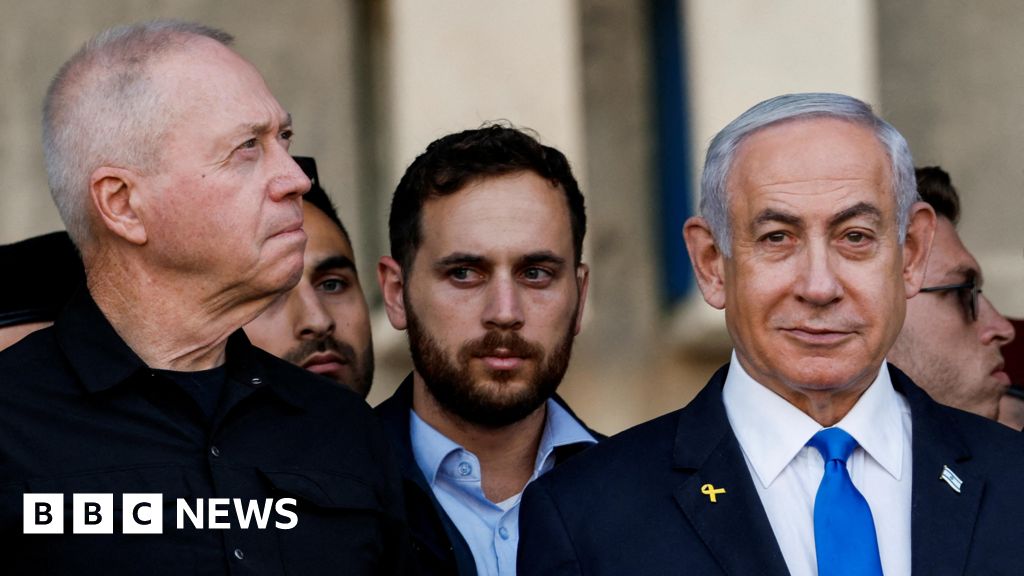ARTICLE AD BOX
 Image source, Getty Images
Image source, Getty Images
Chaab was convicted of "corruption on earth" - a capital offence
Iran has executed a Swedish-Iranian man accused of being behind a deadly 2018 attack on a military parade.
Habib Chaab was a founder of a separatist group calling for independence for ethnic Arabs in Iran's south-western Khuzestan province.
He had been living in exile in Sweden for a decade when he was abducted by Iranian agents in Turkey in 2020.
Sweden's Foreign Minister Tobias Billstrom said his government had urged Iran not to execute Chaab.
"The death penalty is an inhuman and irreversible punishment and Sweden, together with the rest of the EU, condemns its application under all circumstances," he said.
Iran's judiciary accused Chaab of leading Harakat al-Nidal, or the Arab Struggle Movement for the Liberation of Ahvaz, which Iran says is a terrorist group behind attacks in the south-west of the country.
The oil-rich province has a large Arab minority which has long complained of marginalisation and discrimination, which Tehran denies.
The 2018 attack on a military parade in the city of Ahvaz saw gunmen open fire at Revolutionary Guard troops, killing 25 people including soldiers and civilians watching the parade.
Chaab was reportedly lured to Istanbul to meet a woman before being kidnapped and smuggled into Iran in an operation said to have been orchestrated by a notorious Turkey-based Iranian crime boss.
Iranian officials have not provided details of how Chaab was arrested. Once inside Iran, state TV showed him appearing to admit involvement in the 2018 attack. He was convicted of being "corrupt on earth", a capital offence.
Prosecutors said Chaab had been involved in attacks since 2005 "under the protection of two spy services, including the Mossad and Sapo", which are Israel and Sweden's spy agencies.
They alleged that other leaders of the group were based in Denmark, the Netherlands and Sweden and the group received financial and logistical support from Saudi Arabia.
Earlier this year regional rivals Iran and Saudi Arabia agreed to restore diplomatic relations, seven years after severing them in a bitter row.
Iran has arrested dozens of Iranians with dual nationality or foreign permanent residency in recent years, mostly on spying and national security charges.
Its judiciary says two other dual-nationals have been sentenced to death or executed on security chares so far this year.
In January Iran executed British-Iranian man Alireza Akbari, 61, after he was convicted of spying for the UK, which he denied.
In an audio message to BBC Persian he said he had been tortured and forced to confess on camera to crimes he did not commit.
UK Prime Minister Rishi Sunak said his execution was a "callous and cowardly act, carried out by a barbaric regime".
In April Iran's Supreme Court upheld the death sentence for German-Iranian Jamshid Sharmahd, 67, for alleged involvement in a deadly mosque bombing in 2008, which he denies.
Rights group Amnesty International said his trial had been "grossly unfair" and he had been tortured.
The country executes more people each year than any other country except China, according to rights groups.

 1 year ago
13
1 year ago
13








 English (US)
English (US)